2021 saw a tremendous number of immune system supplements enter the market. We've covered several of them, including the now-discontinued Myprotein Immune Blend. It was a unique supplement because it wasn't the standard zinc-based formula that had become so popular. Instead, it contained a stackable ingredient known as Wellmune, which is a natural yeast-derived beta glucan with a rich amount of research behind it.
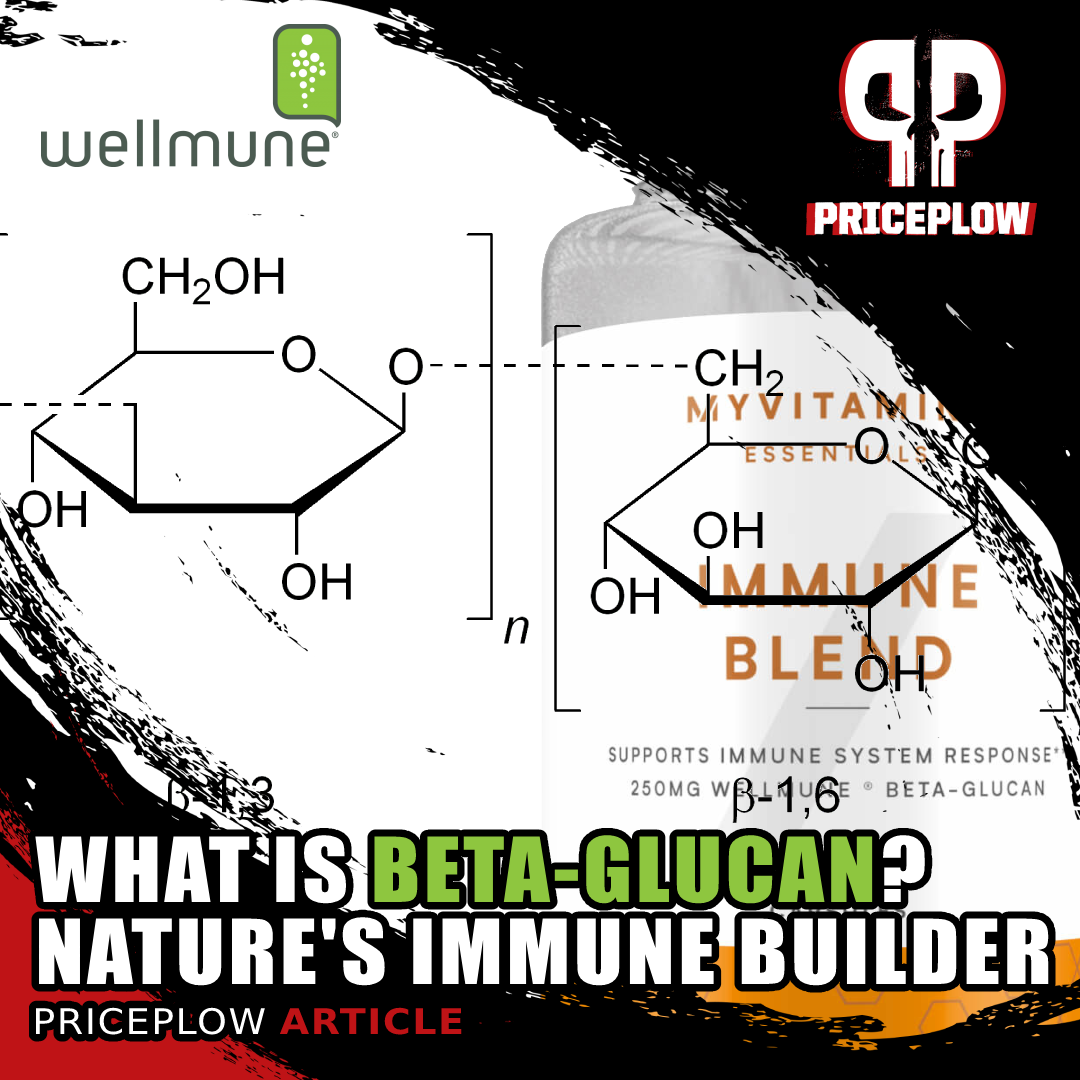
What are Beta-Glucans? Prepare to meet one of mother nature's most interesting immune system support compounds
We briefly covered beta glucan when that product came out, but there's far more to it. With consistently successful clinical research demonstrated in children, athletes, seniors, and stressed individuals, beta glucan supplementation shows a great deal of promise, yet is not frequently discussed in the scientific community.
This article breaks that research down after giving a primer on the two major components of the human body's immune system.
Before we get into the details, check out PricePlow's deal listings on beta-glucan supplements and sign up for alerts so that you don't miss any news or updates:
Beta Glucan – Deals and Price Drop Alerts
Get Price Alerts
No spam, no scams.
Disclosure: PricePlow relies on pricing from stores with which we have a business relationship. We work hard to keep pricing current, but you may find a better offer.
Posts are sponsored in part by the retailers and/or brands listed on this page.
If you want to skip right to the research, head over to our beta-glucan information and research section. First, we cover the immune system itself:
A primer on your immune system
The immune system is made up of several types of specialized cells that carry out various physiological processes and create barriers for the body. There are two primary divisions: the innate immune system (for nonspecific immunity) and the adaptive immune system (for specific immunity).[1,2]
-
The innate immune system
The Innate Immune System is our first line of defense - and we can strengthen it, especially under stressful and tiring situations. Image courtesy @MyproteinUS
The innate immune system serves is the body's first line of defense against pathogens like bacteria, viruses, and other microorganisms that can cause harm.[1] It consists of the physical barriers (eg. skin and mucosa lining), phagocytes, cells that secrete cytokines (mast cells, natural-killer cells, and macrophages), inflammatory serum proteins, antimicrobial peptides, and specialized cell receptors.[1]
The innate immune system works to prevent pathogens from invading the body. It acts fast when a foreign pathogen is identified -- as opposed to the adaptive immune system which can take days or weeks.[1,2] If a pathogen makes it past the innate immune system, then the body relies on the adaptive immune system to respond and terminate the threat.
-
The adaptive immune system
The adaptive immune system includes lymphocytes (mainly T-cells and B-cells) that act upon the specific pathogen.[2] The adaptive immune system is designed to destroy any forerign invaders, however they must be able to properly identify them in the first place.
In order to accomplish this, the lymphocytes are capable of sensing various antigens that present themselves on the outside of pathogens or infected cells.[2] The adaptive immune system creates antibodies (also called immunoglobulins),[2] which defend against that specific pathogen in the future.
Antibodies can bind to antigens to prevent them from attacking our healthy cells. The process takes time, however -- we call it "building up your immunity". The body must be exposed to the invader in order to create these specialized antibodies.
The story is much more complex, but the general idea is that the innate immune system is a physical first line of defense, while the adaptive immune system brings a type of responsive "intelligence" to specifically target pathogens.
Evolutionarily speaking, the innate immune system is the older of the two systems, dominating immunity in plants, fungi, and insects.[3] In metabolically healthy humans, both work well together to provide us with a "best of both worlds" immunity strategy.
However, we can make them work even stronger by providing additional tools.
What are beta-glucans?
Beta-glucans (β‐Glucans) are naturally-occurring fibers found in a variety of historical foods like shiitake mushrooms, baker's yeast, barley, oats, and rye. They function as energy stores and structural components in the cell walls of plants, algae, fungi, and bacteria.[4]
Different types of beta-glucans have different biological functions. For instance, while oat-based β‐glucans are quality dietary fibers that have been shown to improve lipid levels and insulin sensitivity,[5] yeast‐based β‐glucans function as immunomodulators, specifically assisting the innate immune system discussed above.[6]
Targeting immunity: source and processing matters
This means that the source and type of processing matters, because different types of processing and purification methods lead to different chemical structures and effects.[7-9] For the scope of this article, we're here to discuss immunity, and the types of β‐glucans that have shown an immunomodulatory action are those with high molecular weights and a high degree of branching -- such as those from fungi and yeast.[10-14]
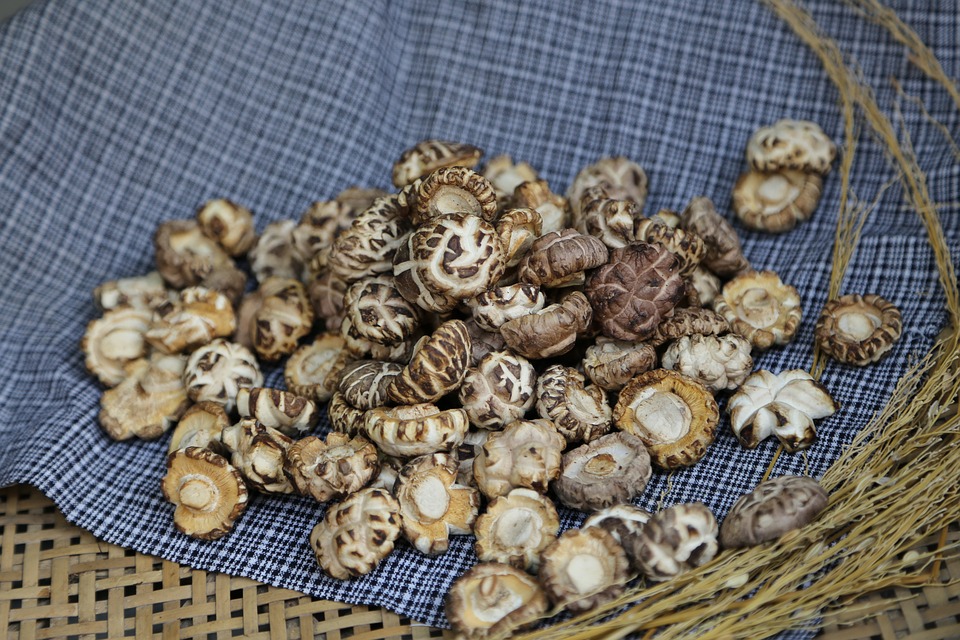
Shiitake mushrooms are of the collective "medicinal mushroom" family who have long been used in ancient medicine for their healing properties. They contain beta-glucan.
In the lens of supplementation, this is important since most Western dieters do not eat diets high in fungi that may provide immune-supporting beta-glucans. Many eat oats, but those don't provide the backbone we're looking for in terms of immunity. This is where dietary supplements help.
In the 1940s, Pillemer and Ecker worked on Fleischmann's Yeast (S. cerevisiae) and first connected the dots between β‐glucans and improved immunity.[15,16] Several decades of research followed, and we are now to the point where we have serious clinical trials in humans regarding the efficacy of these yeast- and mushroom-based fibrous compounds.
Nomenclature: What is 1,3/1,6-glucan?
As mentioned above, different plants/fungi generate different types of beta-glucans. The chemistry gets hairy, but the general idea to know the sources:[17]
- β‐1,3-Glucan - Bacterial (the most basic form of polysaccharide with a linear structure)
- β‐1,4-Glucan - Cereal-based
- Β‐1,6-branching - Fungal (e.g. mushroom) and yeast (i.e. single-celled fungi) often have β‐1,3‐d‐glucose side chains at β‐1,6 branching points.

Where the Beta-Glucans comes from makes a very big deal. 1,3/1,6 is where we get immune benefits.[17]
It's the latter of these three that provide the immunomodulatory properties, and they come from fungi and yeast.[10-14]
With that background covered, it's now time to dive into the immunity research behind 1,3/1-6-glucan specifically.
Beta-Glucan Immunity Research
Before diving into specific research studies, it's best to first point out an up-to-date review that covered all known research on β‐1,3/1,6‐glucan supplements.[17] There are published studies on five different proprietary supplements in this category:
- Wellmune, sourced from S. cerevisiae (yeast)
- Yestimun, sourced from S. cerevisiae (yeast)
- Glucan #300, sourced from S. cerevisiae (yeast)
- Imuneks, sourced from S. cerevisiae (yeast)
- Lentinex, sourced from Lentinula edodes (mushroom)
Of these, Wellmune is the most heavily-researched of the list.
The review is broken down into the following types of studies on the effects of β‐glucans:[17]
- Immune and inflammatory biomarkers and infection in athletes
- Immune and inflammatory biomarkers and infection in older adults
- Immune and inflammatory biomarkers and general health outcomes
- Immune and inflammatory biomarkers and infection in children
The review concluded the following:
Overall the balance of evidence suggests that β‐1,3/1,6‐glucan supplementation from baker's yeast (S. cerevisiae) shows immune‐enhancing and immune‐modulatory effects across different populations.[17]
β‐1,3/1,6‐glucans have been examined in several randomized, double‐blind, placebo‐controlled human studies using different proprietary β‐1,3/1,6‐glucan formulations. Overall, these indicate that oral β‐glucan supplementation may improve symptom severity and duration in populations prone to respiratory infections and allergies.
The most studied supplement is Wellmune, which has been evaluated across the widest population range to reveal significant alleviation of URTI, allergic episodes, and exercise‐ and age‐related immuno‐suppression.[17]
If reading only one paper cited here, this would be the one to look at, as the four tables are extremely helpful.
Taking a look at several of the studies cited, we can get into demographic specifics:
-
Immunity research for athletes
PricePlow is a sports nutrition site, so we first focus on the athletic angle. Our readers never want to miss workouts, but when they must, they want to keep their time off as short as possible.
Marathon runners stress themselves to the max, but Wellmune can certainly help with that.[18] Image courtesy Wellmune.
- A trial published in the Journal of Sports Science and Medicine in 2009 reported that marathon runners who took 250mg or 500mg Wellmune experienced a 22% increase in "vigor" and a 48% reduction in fatigue compared to placebo.[18]
- Another study published in 2012 in The Journal of Dietary Supplements showed that marathoners using Wellmune for four weeks had a 40% reduction in upper respiratory tract infection symptoms.[19]
- In 2018, another study published in the Journal of Dietary Supplements further showed that 250 milligrams Wellmune had fewer symptomatic days of upper respiratory tract infections and fewer missed workout days.[20]
While most of our readers are not marathon runners, they tax their systems just as hard - simply in different ways. Long training times increases fatigue and may temporarily lead to a situation of "overtraining", beating the immune system down as cortisol levels and other stress hormones rise.
It's good to see increased "vigor" from a group of athletes putting that much ground work in.
-
Immunity research in older adults
- A 2016 study published in the International Journal of Medicinal Mushrooms demonstrated a significantly increased number of circulating B-cells as well as a significant prevention of decline in T cells using 2.5 milligrams of Lentinex against placebo for six weeks.[21]
- A 2017 study published in Nutrition reported that seniors taking 250 milligrams Wellmune per day may have reduced the duration of upper respiratory tract infection symptoms.[22] There were significant increases in LPS‐stimulated IFN‐γ production.
-
General Population Health Effects and Immunity
- A 2009 study published in the Journal of Applied Research found that 500 milligrams of Wellmune taken daily for 13 weeks yielded a significant reduction in missed days of work/school and less fevers.[23]
- A 2012 study published in the Journal of the American College of Nutrition on stressed women noted a 62% reduction in the number of participants reporting upper respiratory tract symptoms.[24]
- A 2013 study published in Food and Science Nutrition showed a decrease in total allergy symptoms in participants with ragweed allergy,[7] as well as increased vigor and overall perceived health, energy, and emotional well-being.
-
Immunity research in children
Children received lower doses, but had significant improvements with 1,3/1,6 beta-glucan supplements:
- In 2016, a study published in the Journal of Nutrition and Food Sciences found a 66% decrease in the incidence and duration of the common cold.[25]
- In 2014, a study published in Pediatrics demonstrated that 3-4 year olds given a blend containing WellMune (8.7mg three times a day) had significantly fewer episodes and shorter duration of acute respiratory infection, missed fewer days of daycare, and had less antibiotic use.[26]
- A similar study published in Nutrition Journal in 2016 on 256 children ages 1-4 in daycare settings showed fewer allergic symptoms and illnesses, including rhinitis or conjunctivitis as well as significantly less wheezing, allergic cough, eczema, and hives.[27]
Glucan #300 shows many improved biomarkers associated with immunity as well,[17] but those research studies do not report effects on actual illness.
Side effects: Are there any adverse events to supplementing 1,3/1,6-glucans?
The major review discussed above claimed that "no adverse events were detected, and no major safety concerns were presented in response to any of the selected intervention studies."[17]
At this time, we have no concerns taking a trusted ingredient like Wellmune as directed, so long as there are no known allergies, but seek a doctor's recommendation before beginning any new dietary supplement.
Dosage - 250mg Wellmune for adults, less for children
The standard Wellmune dosage is 250 milligrams per day. However, earlier studies have gone higher, with success at 500 milligrams per day.
Children obviously need less, and doses range from 25-75 milligrams per day, depending on size. Always follow the labels, the successful research you are attempting to follow, and a doctor's instructions.
Conclusion: Fungi and Yeast do it again
This isn't the first time we've seen mushroom- and yeast-based ingredients yield benefits when taken as supplements, and it won't be the last. Our society has drifted from eating fungi, and that's a shame, since they provide several benefits when eaten responsibly. Mushrooms have been around longer than animals, and there is evide nce that the mycelium helped us evolve. It's important that we remember our roots, and remember that we would not be here without them.
While metabolic health is of paramount importance, there's a very strong possibility that additional immunity can be gained from ingredients like 1,3/1,6 beta-glucan derived from yeast and fungi.
Deals and Price Drop Alerts
Get Hot Deal Alerts
Disclosure: PricePlow relies on pricing from stores with which we have a business relationship. We work hard to keep pricing current, but you may find a better offer.
Posts are sponsored in part by the retailers and/or brands listed on this page.

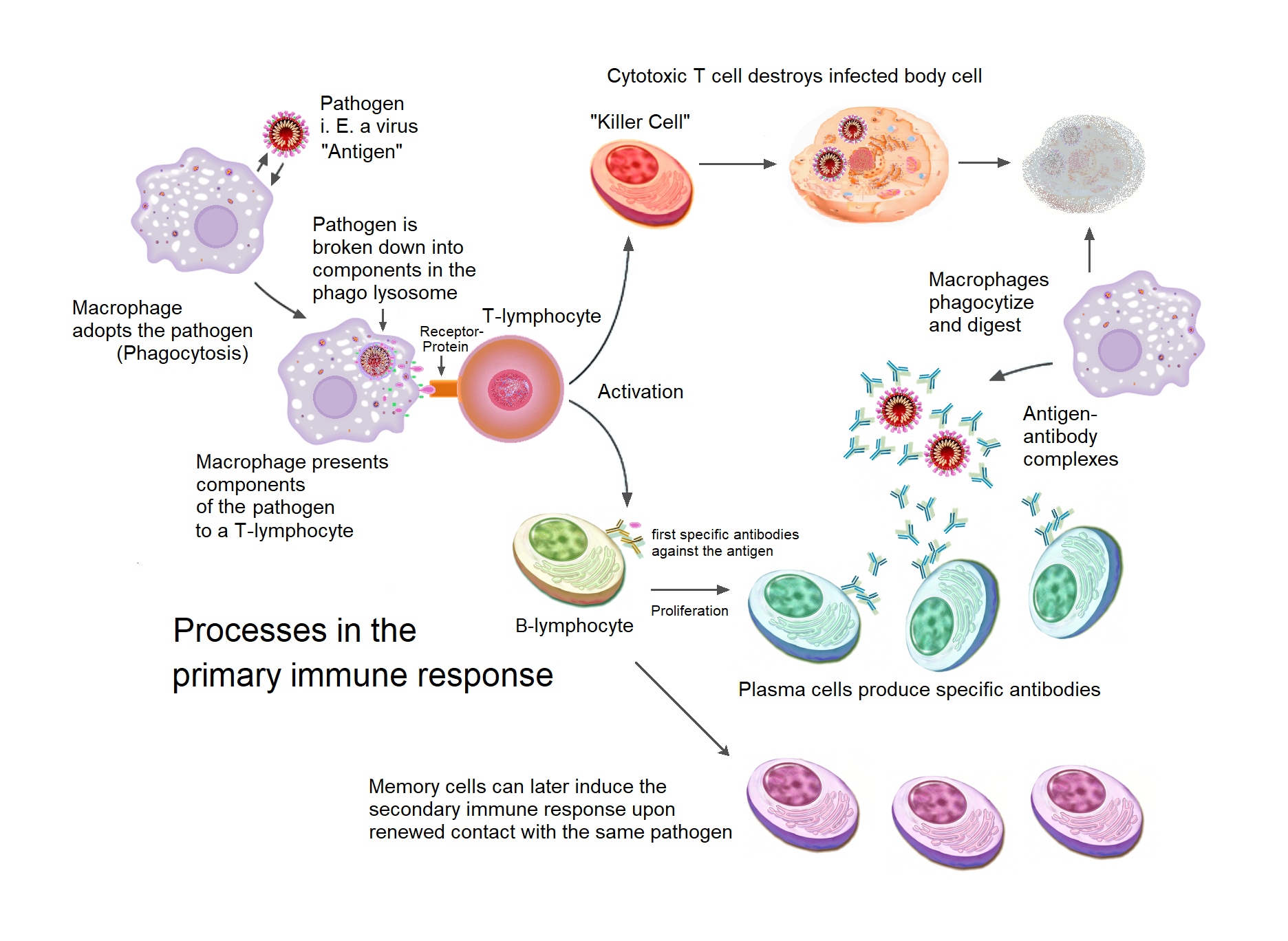
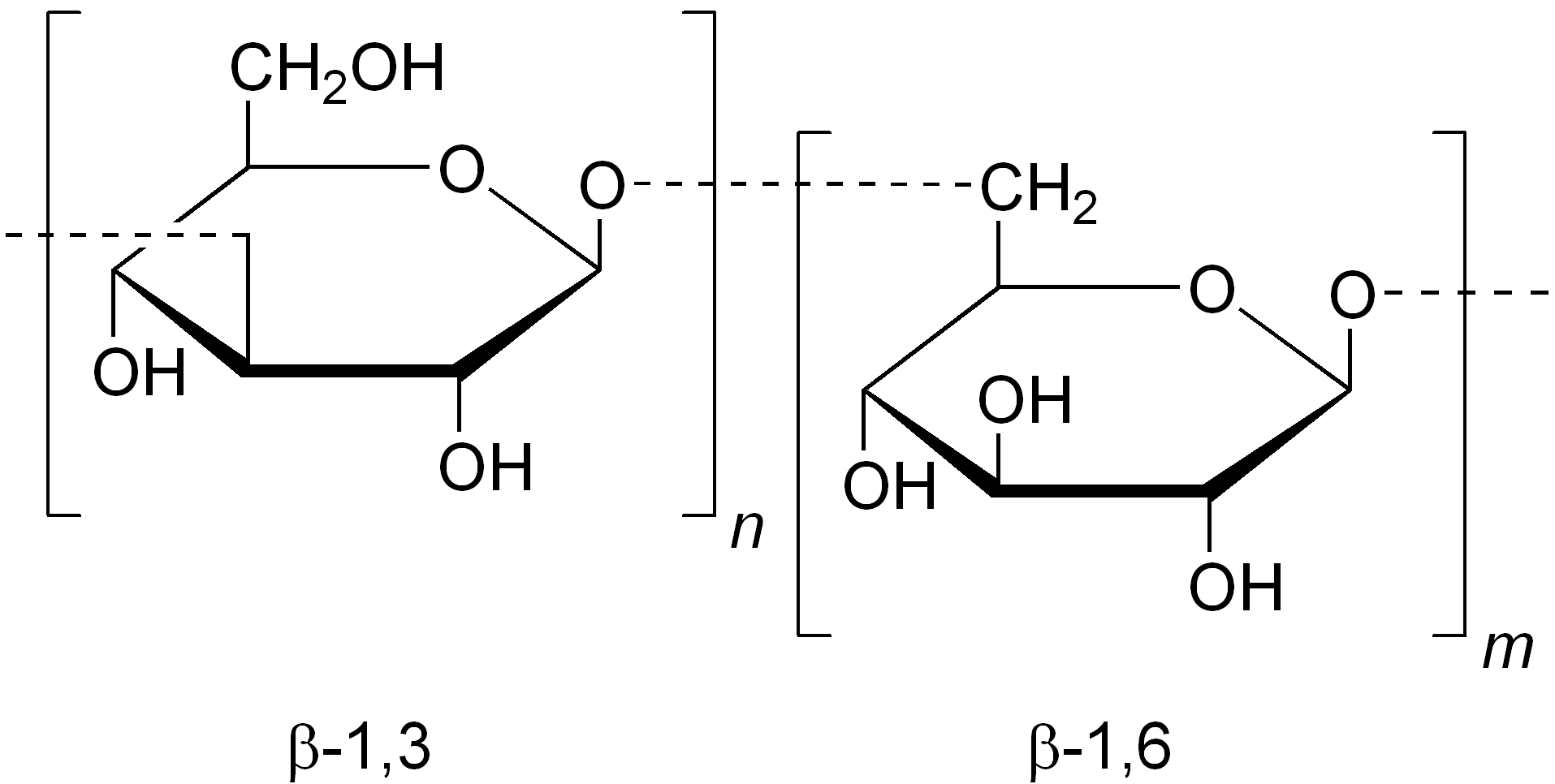
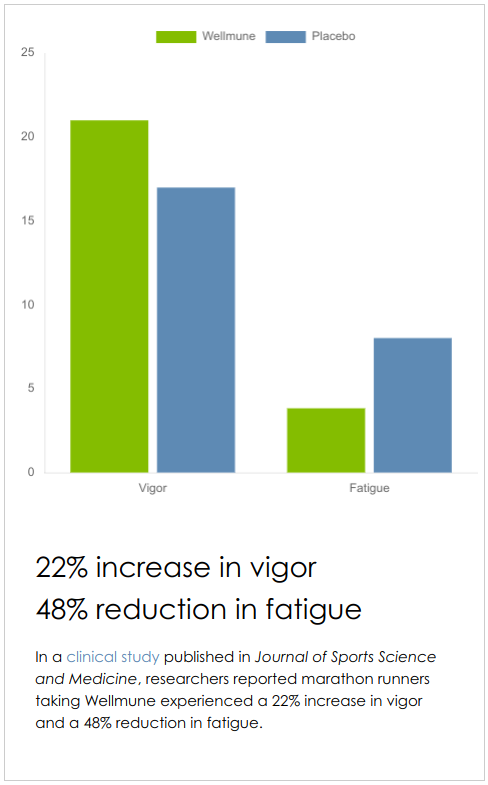
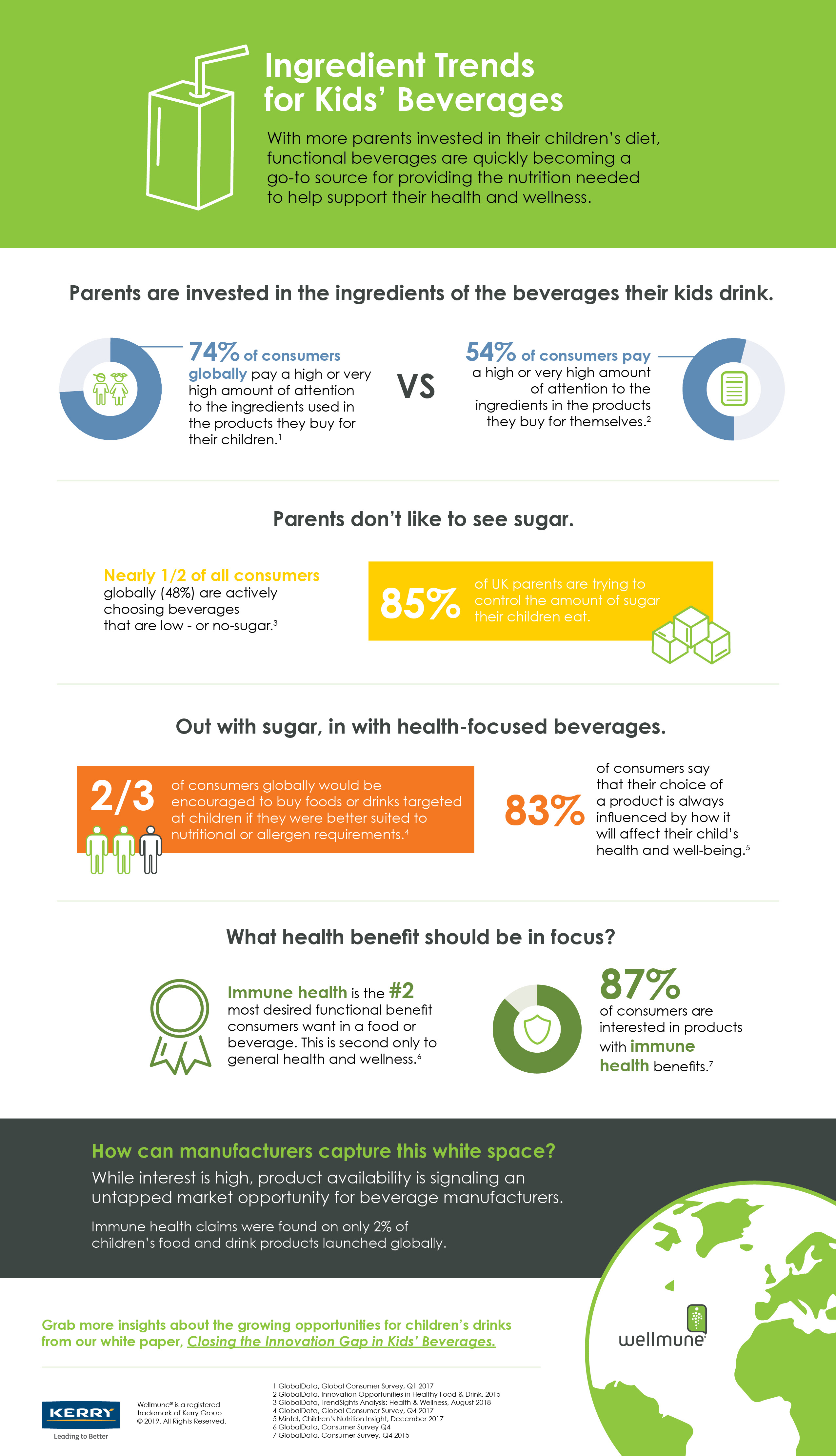



Comments and Discussion (Powered by the PricePlow Forum)